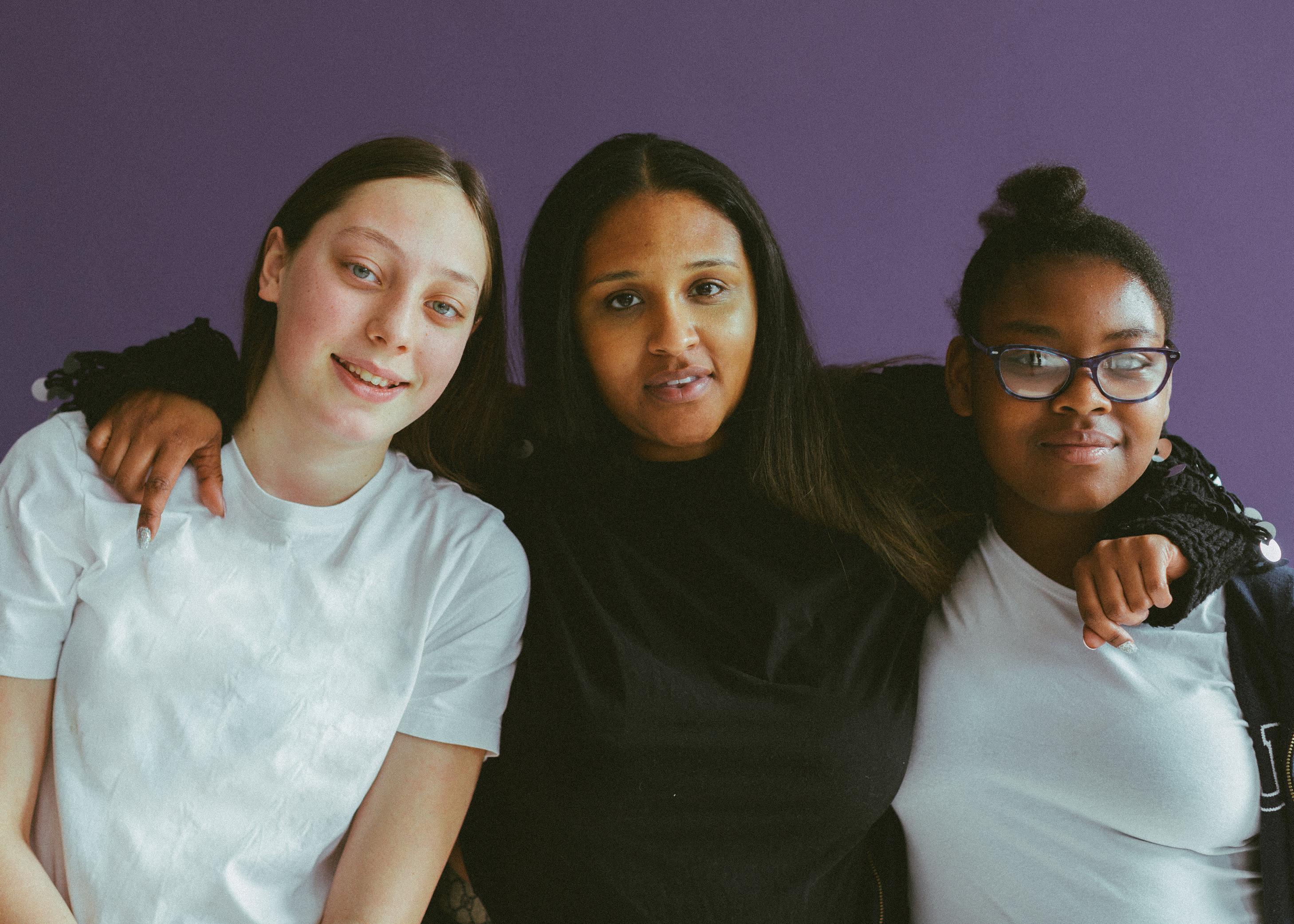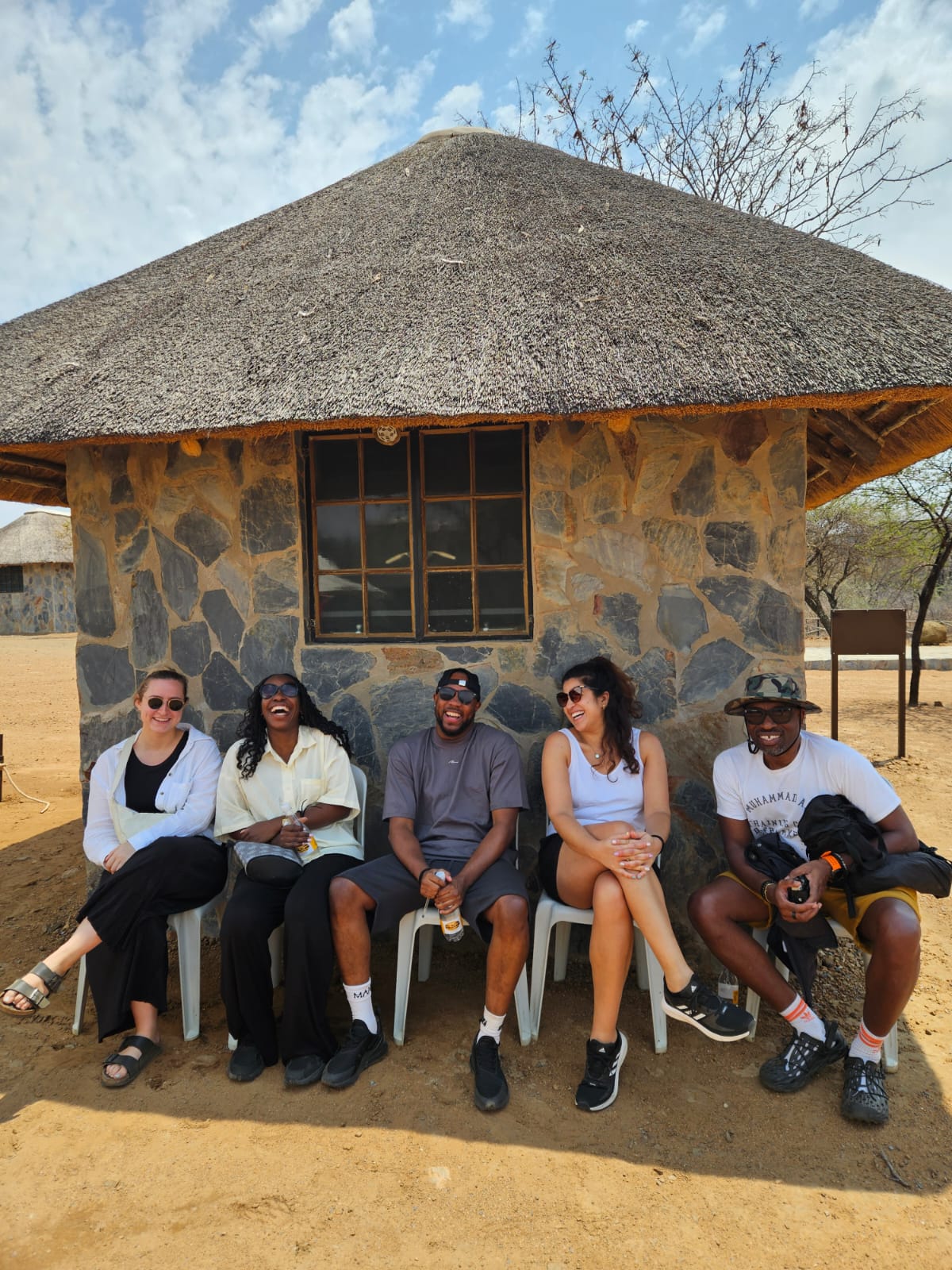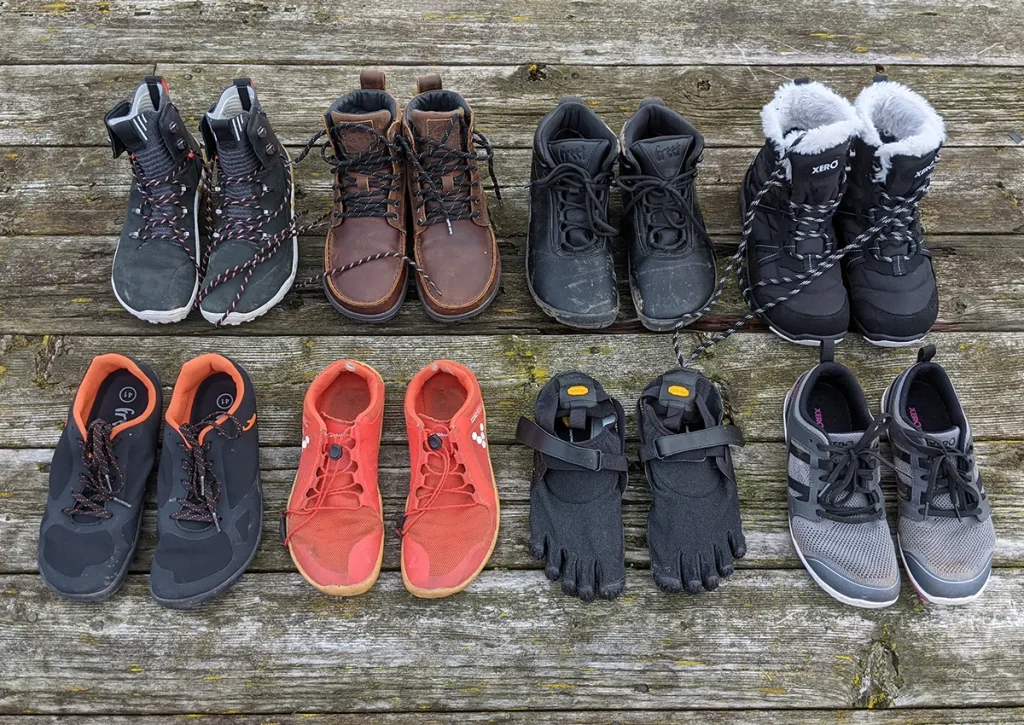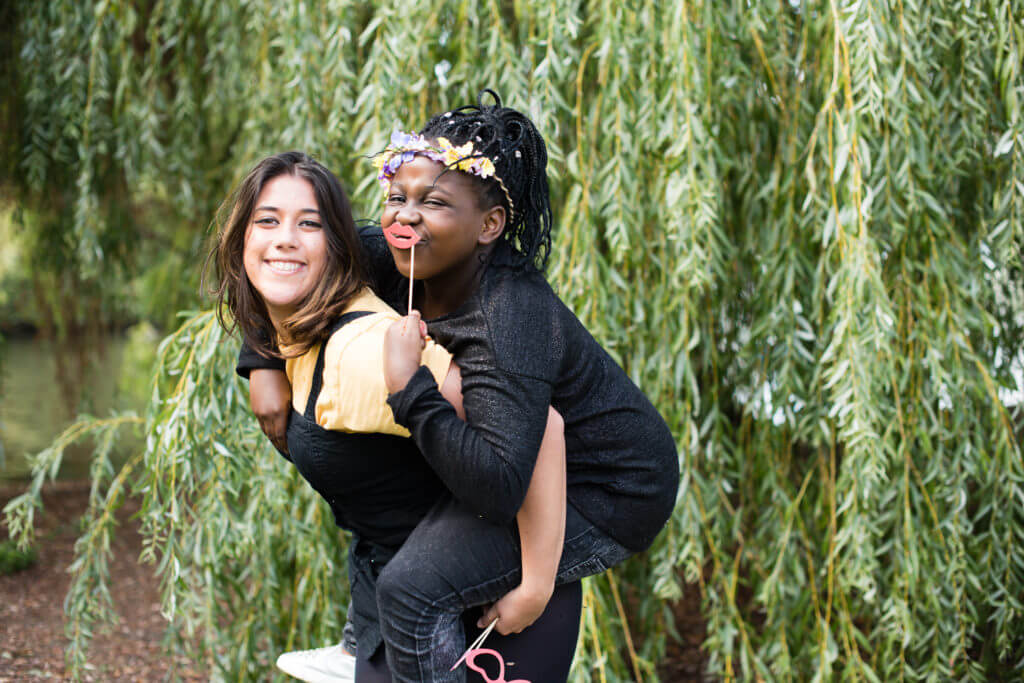
Dear young person,
We are two months into 2025, and this new year leaves me with optimism. A fresh year to achieve all your desired life goals that you aspire to obtain. One constant thing is the need for you to remain safe. Safety In the Community applies all year round and applies to us all. Old or young, we all share the responsibility to be safe when outside of our homes. In the winter months, it’s about keeping yourselves warm, fed and vigilant as the nights draw in, you must actively keep yourselves aware when travelling alone and independently.
It is important to let a significant other, such as a trusted adult, know your whereabouts when travelling and also let them know who you are going to meet. Having a tracker app installed on your phone can also ensure that your trusted adult such as your foster parent can check where you are when travelling independently. It is also good to have travel apps such as Citymapper, National Rail etc. so you can plan your journey and be aware of any changes to the trains, tubes or bus timings. Don’t forget when you leave the house to have credit and charge on your phone!
It is helpful to conceal door keys and mobile phones, Apple ear pods, all of which should remain out of sight – you know the flashy stuff! The things we all value most, please keep these concealed when walking, in a taxi or on public transport.
As we start entering into spring and the summer months, it will get lighter and warmer and understandably you will want to be out more. These months are a time when people and families will come together, and enjoy outdoor activities, parties, BBQ’s and festivals happen. Whilst these events will be new, exciting and fun, you and your friends must look out for one another – a good friend won’t ask you to do something you are uncomfortable with. If at any point you feel you can’t say no, ask yourself: ‘Am I in a safe situation?’ Our bodies are also really smart and can tell us if we do not feel safe such as feeling a pounding heart or a churning stomach. If you feel like this, speak to someone you trust who can help you, this could be your foster parent, a mentor or another trusted adult.
All year round, you will be accessing money, whether that be cash, online banking or withdrawing money out in the community. Remember to be vigilant at cash machines and take note of people around you. Conceal PINs and opt to have someone you know with you at a cash machine, especially if you are accessing one in the evening or night.
You may also have the opportunity to travel outside of London or even the UK, please ensure that when in airports or abroad, you have concealed your passports and important belongings from prying eyes. Other helpful tips you can use are not divulging to strangers where you are staying, personal information about yourself or your general location.
Being an adolescent is a time for exploration whether it be learning a new hobby or wanting to spend more time with friends, developing independence, and having fun! We very much want to support you in all these areas and help you feel safe when out in the community.
Dimitri Jordan, Head of Youth Engagement and Independence
If you would like to find out more about fostering and the amazing difference you could make in a young persons life. Give usa call on 0203 757 0070 or click HERE to receive a call back. We’d be happy to answer any questions you may have on fostering and take you through the process.










Recent Comments